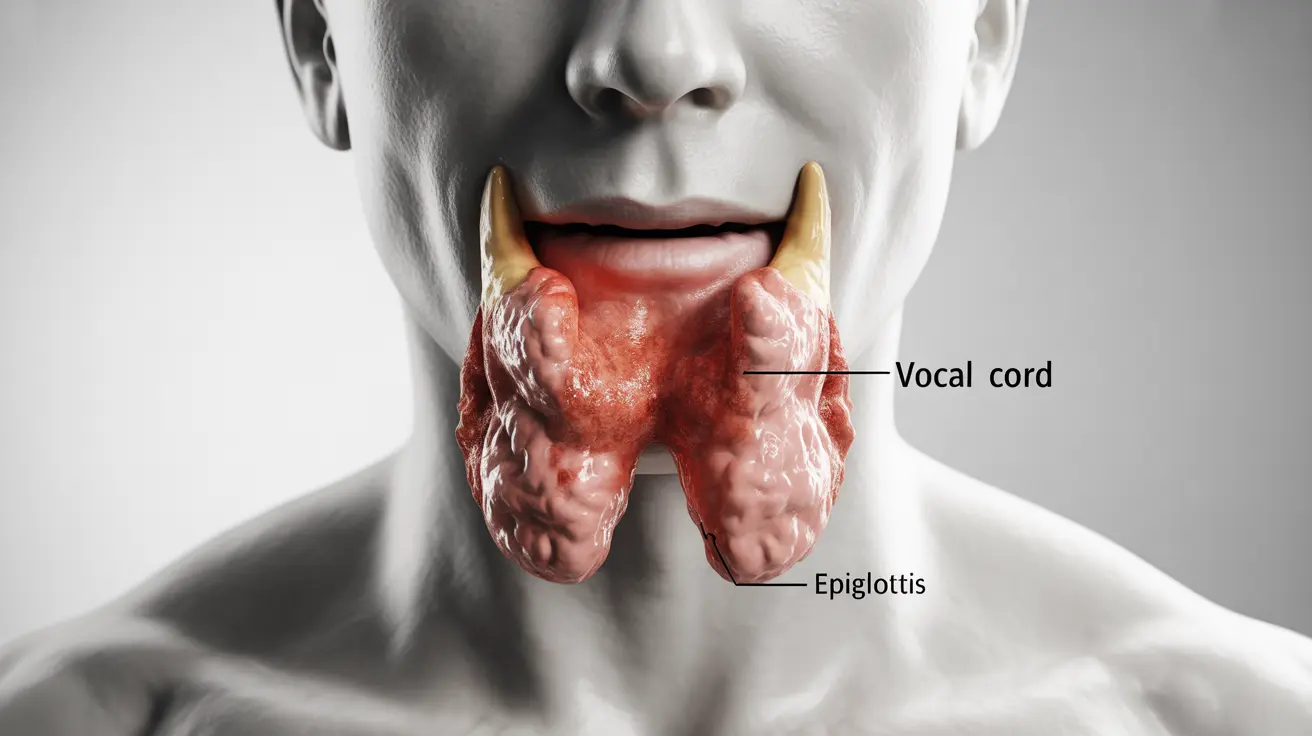When COVID-19 affects your respiratory system, one concerning symptom that some people experience is losing their voice or developing significant hoarseness. This symptom, while distressing, is typically temporary and occurs due to inflammation and irritation of the vocal cords during the infection.
Understanding the relationship between COVID-19 and voice loss can help you better manage this symptom and know when to seek medical attention. Let's explore the causes, recovery timeline, and effective treatments for COVID-related voice problems.
How COVID-19 Affects Your Voice
The SARS-CoV-2 virus can impact your voice through several mechanisms:
- Inflammation of the larynx (laryngitis)
- Irritation of the throat and vocal cords
- Excessive coughing leading to vocal strain
- Upper respiratory tract inflammation
- Post-nasal drip causing throat irritation
These effects often combine to create temporary voice changes or complete voice loss during the course of the infection. The severity can vary significantly from person to person, with some experiencing mild hoarseness while others may temporarily lose their voice completely.
Recovery Timeline and Expectations
Most people who experience voice loss due to COVID-19 will recover within a few weeks after their other symptoms improve. The typical recovery timeline includes:
- Initial voice changes during active infection: 3-7 days
- Gradual improvement as inflammation decreases: 1-2 weeks
- Complete voice recovery: 2-4 weeks for most cases
However, some individuals, particularly those who had severe COVID-19 symptoms or required intensive care, might experience longer recovery periods.
Effective Treatment Strategies
Home Remedies
Several home-based treatments can help manage voice loss during COVID-19 recovery:
- Rest your voice as much as possible
- Stay well-hydrated with water and warm liquids
- Use a humidifier to maintain moisture in the air
- Avoid whispering, which can strain vocal cords
- Limit caffeine and alcohol consumption
- Try honey and warm water mixture for throat comfort
Medical Interventions
In some cases, medical treatment may be necessary, particularly if voice problems persist. Treatment options might include:
- Prescription anti-inflammatory medications
- Specialized voice therapy
- Steroid treatments (in specific cases)
- Treatment of underlying conditions like acid reflux
Warning Signs and When to Seek Help
While most voice changes during COVID-19 are temporary, certain symptoms warrant medical attention:
- Voice problems lasting longer than 4-6 weeks
- Severe throat pain or difficulty swallowing
- Breathing difficulties
- Complete voice loss that doesn't improve
- Blood in saliva or phlegm
Frequently Asked Questions
- What causes voice loss or hoarseness during or after a COVID-19 infection?
Voice loss during COVID-19 occurs due to inflammation of the larynx and vocal cords, excessive coughing, and upper respiratory tract inflammation. The virus can directly irritate these areas, leading to temporary voice changes or loss.
- How long does it usually take for a COVID-related lost voice or laryngitis to recover?
Most people recover their normal voice within 2-4 weeks after COVID-19 infection. However, recovery time can vary depending on the severity of the infection and individual factors.
- What treatments or home remedies help with voice loss caused by COVID-19?
Effective treatments include voice rest, staying hydrated, using a humidifier, avoiding irritants like smoking or alcohol, and consuming warm liquids with honey. In some cases, medical interventions may be necessary.
- Can severe COVID-19 treatments or symptoms lead to long-term voice problems?
While rare, severe COVID-19 cases requiring intubation or prolonged intensive care may lead to longer-term voice issues. Most cases resolve without permanent damage, but some patients may need specialized voice therapy.
- When should I see a doctor if my voice loss from COVID-19 does not improve?
Consult a healthcare provider if voice problems persist beyond 4-6 weeks, if you experience severe throat pain, difficulty breathing or swallowing, or if your voice loss is accompanied by concerning symptoms like blood in saliva.




